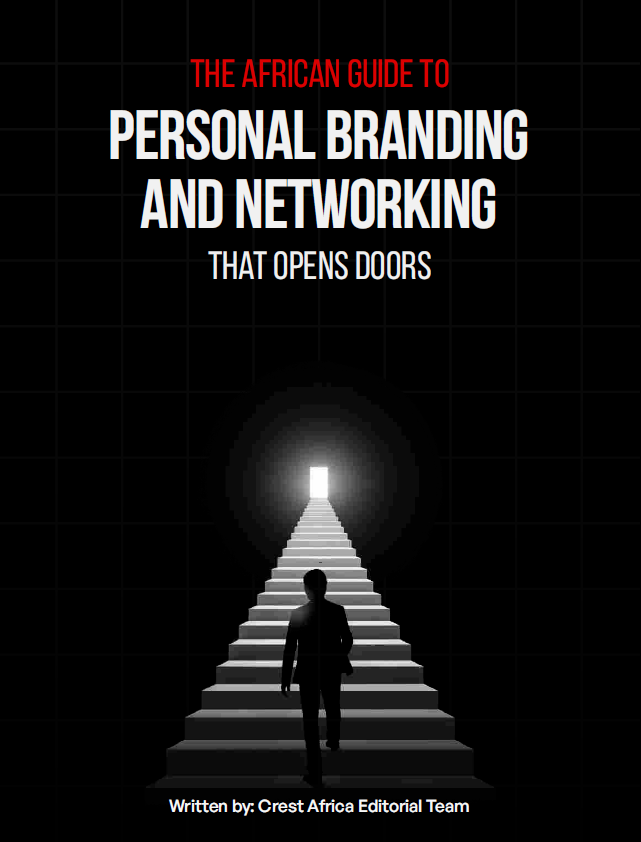The world’s largest electric vehicle manufacturer, BYD, is accelerating its expansion in South Africa as it eyes a bigger stake in the country’s fast-evolving new energy vehicle (NEV) market.
Since entering South Africa in 2023 with its fully electric ATTO 3 model, the Chinese auto giant has established around 13 dealerships nationwide.
Now, the company plans to triple that figure by 2026 in a bold move to cement its presence in Africa’s biggest automotive market.
“By the end of the year, we will have about 20 dealerships around the country, and we aim to grow that to around 30–35 by next year,” said Steve Chang, General Manager of BYD Auto South Africa, in an interview with Reuters.
He added that this growth is intended to make BYD a “familiar and trusted name” as South Africa begins shifting toward electric mobility.
The automaker is rolling out an aggressive dual-powertrain strategy, adding three new models to its South African lineup in April: the plug-in hybrid Shark pick-up, the hybrid SEALION 6, and the fully electric SEALION 7 SUV.
That brings its total local offering to six models spanning both battery electric and hybrid vehicles.
According to the National Association of Automobile Manufacturers of South Africa (NAAMSA), sales of NEVs in the country more than doubled in 2024, reaching 15,611 units, up from 7,782 in 2023.
While these numbers still represent a small slice of total car sales, the sharp increase signals a growing appetite for electrified transport, one that BYD intends to capitalize on.
“While the share of NEVs to total car sales is still low, BYD is hoping to capture the market early on, in preparation for a meaningful transition,” said Chang.
“We want to educate and cultivate the market of South Africa and make sure that the South African consumers can catch up with the rest of the world.”
Still, several barriers threaten to slow momentum. These include limited charging infrastructure, unreliable electricity supply, and higher import tariffs on EVs compared to traditional internal combustion vehicles.
Despite those challenges, BYD remains confident in its long-term strategy.
“South Africa is one of the most important automotive markets in the southern hemisphere, and probably the biggest in Africa,” said Chang.
“So it’s a market that we have to look at and see how we can develop the market.”



